Stem-cell research has the potential to revolutionize treatments for certain life-changing injuries and devastating human diseases. For over three decades now, the most common stem-cell therapy approved by the FDA has been hematopoietic cell transplantation (HCT) (also termed hematopoietic stem cell transplantation, HSCT) for the treatment of bone marrow failure, malignant blood disorders, post-chemotherapy and/or -radiation cell regeneration, genetically based blood disorders, and autoimmune diseases. However, several major limitations have restricted the broad clinical application of allogeneic HCT, including the difficulty in identifying a fully human leukocyte antigen (HLA)-matched or haploidentical donor, the scarcity of CD34+ hematopoietic stem cells (HSCs) amongst all sources of harvested cells (£1%), and, in particular, the incidence of graft-versus-host disease (GVHD), opportunistic infections, and toxicities associated with immunosuppressive drugs and radiation. To overcome these obstacles, researchers have evaluated whether embryonic stem (ES) cells and induced pluripotent stem (iPS) cells can be manipulated to produce HSCs through reprogramming by small molecules or by viral transduction of transcription factors. Thus far, these approaches have been limited by an inability to generate true functional HSCs in sufficient numbers for therapeutic use, as well as safety and ethical concerns and potential immune rejection issues to ES or iPS derivatives. Alternative approaches are needed to circumvent these limitations.
More recently, a new published study from Dr. Yong Zhao and his team at Center for Discovery and Innovation, Hackensack Meridian Health, demonstrated the differentiation of adult peripheral blood-derived insulin-producing cells (designated PB-IPC) into multipotent stem cells after the treatment with platelet-derived mitochondria (designated Mitochondrial Reprogramming). Here, ex vivo and transplantation studies in the irradiated mice established that treatment with platelet-derived mitochondria can reprogram the transformation of adult PB-IPC into functional CD34+ hematopoietic stem cells (HSC)-like cells, leading to the production of blood cells such as T cells, B cells, monocytes/macrophages, granulocytes, red blood cells, and megakaryocytes (MKs)/platelets. These findings revealed a novel function of mitochondria in directly contributing to cellular reprogramming and the generation of pluripotent stem cells, thus overcoming the limitations and safety concerns of using conventional technologies to reprogram embryonic stem (ES) and induced pluripotent stem (iPS) cells in regenerative medicine. This work has been published in peer-reviewed journal International Journal of Molecular Sciences.
